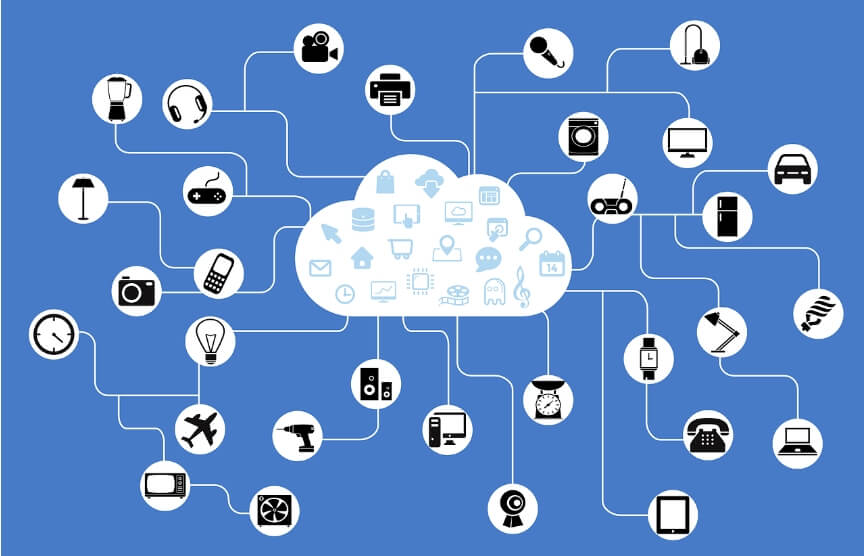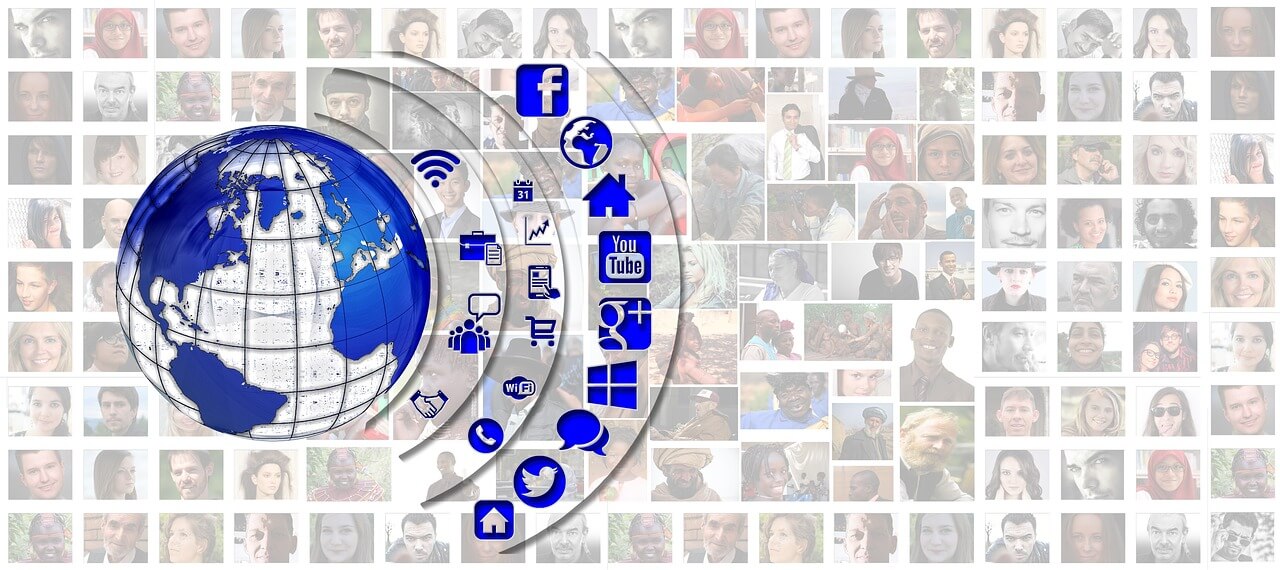When a public crisis transitions from the latent period to the outbreak period, its destructive power and influence often exceed people's expectations, causing serious impacts on social systems or organizational systems. The outbreak of a crisis is not an isolated incident, but the result of long-term accumulated crisis triggers reaching a critical point. In this process, potential harmful energy is stimulated and spreads rapidly, which has a profound impact on social structure, economic activities, public psychology and other aspects.

Impact of the crisis
- Social disorder: When a crisis breaks out, whether it is a natural disaster, a public health incident, a safety accident or a social conflict, it will immediately break the normal state and lead to chaos in social order. Infrastructure may be damaged, transportation may be interrupted, communications may fail, public services may be restricted, and people's daily lives may be seriously affected.
- Economic losses:The impact of the crisis on the economy is comprehensive. Enterprises may face shutdowns, supply chain disruptions, a sharp drop in market demand, stock market turmoil, and frustrated investment confidence, leading to serious economic losses. In the long run, the crisis may also change the industrial structure and affect the stability of the regional and even global economy.
- Public panic and psychological trauma:The sudden outbreak of a crisis often triggers panic among the public, especially when life safety is threatened. This panic not only affects the mental health of individuals, but may also trigger social panic behaviors, such as panic buying and stockpiling, evacuation, etc., further exacerbating social chaos.
- Crisis of Confidence: In the early stages of a crisis, information opacity and uncertainty may lead to a decline in public trust in the government, businesses or other authoritative institutions. If the crisis is not handled effectively, the trust crisis will deepen and affect social cohesion and stability.
- Resource constraints and allocation issues: When a crisis breaks out, the demand for basic necessities such as medical resources, food, water, and energy surges, while the supply capacity may be weakened by the impact of the crisis, leading to tight and unfair resource allocation and exacerbating social conflicts.
Pressure and challenges after the crisis
- Emergency Rescue and Post-Disaster Reconstruction: After the crisis broke out, the first task was to implement emergency rescue, help the affected people and provide basic living security. Subsequently, post-disaster reconstruction became a long-term challenge, involving infrastructure repair, ecological environment restoration, psychological counseling and social order reconstruction.
- Public Opinion Guidance and Information Management: During a crisis, the accuracy and timeliness of information are crucial. The government and relevant agencies need to effectively manage the flow of information to avoid the spread of rumors, while ensuring that the public has access to true and reliable information to stabilize social sentiment and avoid unnecessary panic.
- Maintenance of law and order: When a crisis breaks out, maintaining legal order and public security becomes particularly critical. Law enforcement agencies need to strengthen monitoring and crackdown on criminal activities, while protecting people’s lives and property and preventing those who take advantage of the chaos to commit crimes.
- Mental health and social support:The psychological impact of the crisis on people cannot be ignored. The government and social organizations should provide psychological counseling services to help people deal with post-traumatic stress disorder, rebuild social support networks, and promote social and psychological recovery.
- Reflection and Improvement: After the crisis, we should conduct a comprehensive reflection, analyze the root causes of the crisis, evaluate the effectiveness of crisis management, summarize the lessons learned, improve the prevention and response mechanisms, and enhance the overall crisis resistance of society.
in conclusion
The outbreak of a crisis is the most destructive stage in the life cycle of a public crisis. It tests the resilience and coping ability of a society or organization. In the face of a crisis, a rapid and effective response mechanism, adequate resource preparation, transparent information communication, psychological support from the public, and subsequent reflection and improvement are all key to alleviating the impact of the crisis and restoring social order. Crisis management is not only a technical challenge, but also an art. It requires us to find certainty in uncertainty, establish order in chaos, and exchange the greatest security and stability at the lowest cost.







